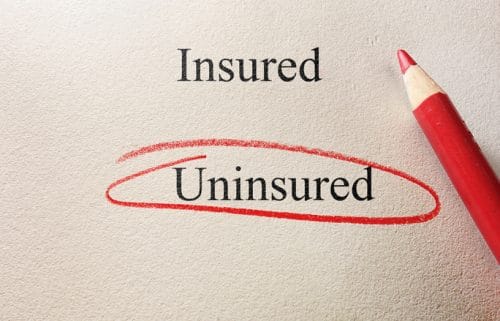
In California, a wrongful death lawsuit can be filed if someone is killed as a result of the reckless, negligent, or deliberate actions of another party. If you have lost a loved one in a situation such as this, then it is worth talking to a personal injury attorney to learn what your options are. Keep reading to learn how to recover compensation for your damages and then contact The Law Offices of Larry H. Parker at 800-333-0000 for a free legal consultation.
Action for Wrongful Death
A cause of action for the death of a person caused by the unlawful conduct or omission of another may be brought by any of the following people, or by the decedent’s personal agent on their behalf. Some of those who might qualify to file for wrongful death include:
- The victim’s surviving spouse, domestic partner, children, and offspring of deceased children, or, if the decedent has no living family, the individuals who would be entitled to the decedent’s property via intestate succession, including the surviving husband or domestic partner.
- If they were dependent on the decedent, the putative spouse, the putative spouse’s children, stepchildren, or parents, whether or not they qualified above
- A minor, whether or not eligible under subdivisions above, who had been living in the deceased’s home for the preceding 180 days and was dependent on the decedent for one-half or more of the minor’s maintenance at the time of the decedent’s death.
As you can see, these laws can be complicated. It is best to have an experienced personal injury attorney to walk you through it.
Damages Recoverable in a Wrongful Death Case
Those who are eligible to file a wrongful death lawsuit can seek both economic and non-economic damages for their losses. However, one must first establish how to assess economic and non-economic damages in order to calculate the appropriate recovery time depending on the decedent’s life expectancy.
A jury may consider, among other things, the average life expectancy of a person of that age, as well as the individual’s health, habits, activities, lifestyle, and employment in determining a person’s life expectancy. Typically, the jury will evaluate this information using the life expectancy figures found in Vital Statistics of the United States. However, because some individuals live longer and some die sooner, a jury is not bound by the statistics in the life expectancy tables.
Economic Losses
The plaintiff is entitled to recover damages for a number of economic losses, including:
- The financial support that the decedent would have provided to the family during the decedent’s life expectancy before death or the plaintiff’s life expectancy, whichever is shorter
- The loss of gifts or benefits that plaintiff would have expected from the decedent
- Funeral and burial expenses
- The reasonable value of household service that the decedent would have provided.
Non-Economic Damages
The plaintiff can also be eligible to recover compensation for non-economic damages such as:
- The loss of the decedent’s love, companionship, comfort, care, help, protection, affection, society, and moral support
- The loss of sexual relations pleasure (where applicable)
- The loss of the decedent’s training and direction
The jury will make this decision based on their common sense and their assessment of what is a reasonable amount. Non-economic damages awards should not be reduced to present monetary worth, unlike economic damages. The jury is not to consider the plaintiff’s sadness, sorrow, mental agony, pain and suffering, or his or her poverty or riches when awarding non-economic damages.



